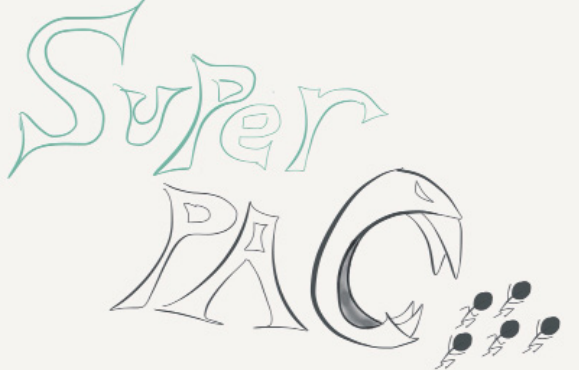Money can’t buy you votes

Gil Levitan
April 14, 2016
As politics in America have evolved, each election cycle has been accompanied by ever more speculation, hype, and money. Nearly every single successive election year has broken new records for total fundraising and expenditures, with the 2012 presidential election itself costing more than $2.6 billion and the entire 2012 election season costing over $6 billion. The ongoing 2016 presidential election is well on its way to that amount, with over half a billion dollars spent so far, eight months before the general election. Of the massive amount of money spent in 2012, over $600 million was spent exclusively by Super PACs. Super PACs, or Super Political Action Committees, are a fairly new phenomenon in American politics and are a result of the January 2010 Supreme Court ruling known as Citizens United. The ruling determined that corporations, unions, and other private institutions can make unlimited monetary contributions to politically motivated organizations with the goal of supporting or opposing a candidate. This money can be used for advertisements promoting a candidate or attacking other candidates, outreach efforts, and much more, as long as the spending is not clearly coordinated with any campaign.
Since their rise in recent years, Super PACs have assumed a clear influence in elections with their injection of cash. Candidates can now benefit from enormous budgets dedicated exclusively to taking down opponents or running supportive ads, without having to spend any of their campaign’s own money. In a notable case during this presidential election, the Super PAC of former presidential hopeful Carly Fiorina, “CARLY for America,” took on many of the roles and expenditures usually reserved for the campaign itself, such as setting up rallies and handing out campaign signs, thus showing the breadth of the role a Super PAC can potentially take in an election.
But here’s the thing: despite the millions “CARLY for America” sunk into Fiorina’s campaign, and, similarly, despite the fact that Jeb Bush’s “Right to Rise USA” spent the most money of any independent organization in 2016 on Bush’s run, both of these campaigns failed. In fact, out of the top five PACs in 2016 spending, three supported candidates have already dropped out. So, as it turns out, despite the outcry over Citizens United, it would seem that money cannot in fact buy elections. Money has influence, certainly, but Super PACs have not figured out how to reliably buy votes. This is not to fully defend Citizens United and the precedent which it sets; the presence of money in politics is generally not a good thing. However, Super PACs are not the issue. Dollar amounts do not equal victories, and Super PACs are a legitimate way for individuals and corporations to express their preference of candidate and try to get the message out for their candidate of choice. The general issue of corruption and money in politics is a much larger and more complex discussion, but Super PACs are not the sole culprit. Let us take on the real issues: lobbying firms, term limits, conflicts of interest, among others.. Let the rich and corporations waste millions if they want on candidates who are just as likely to lose as anyone else.







